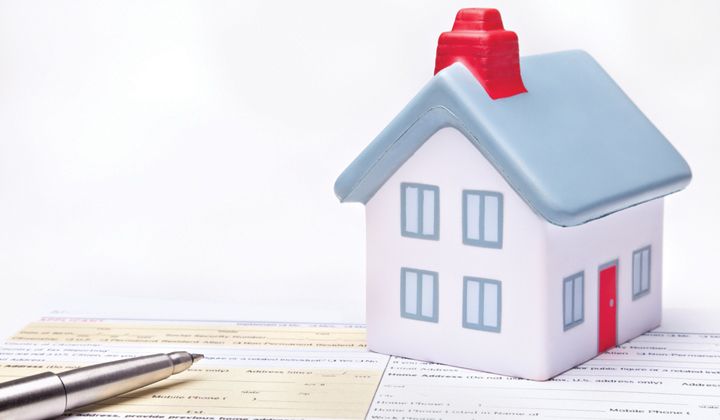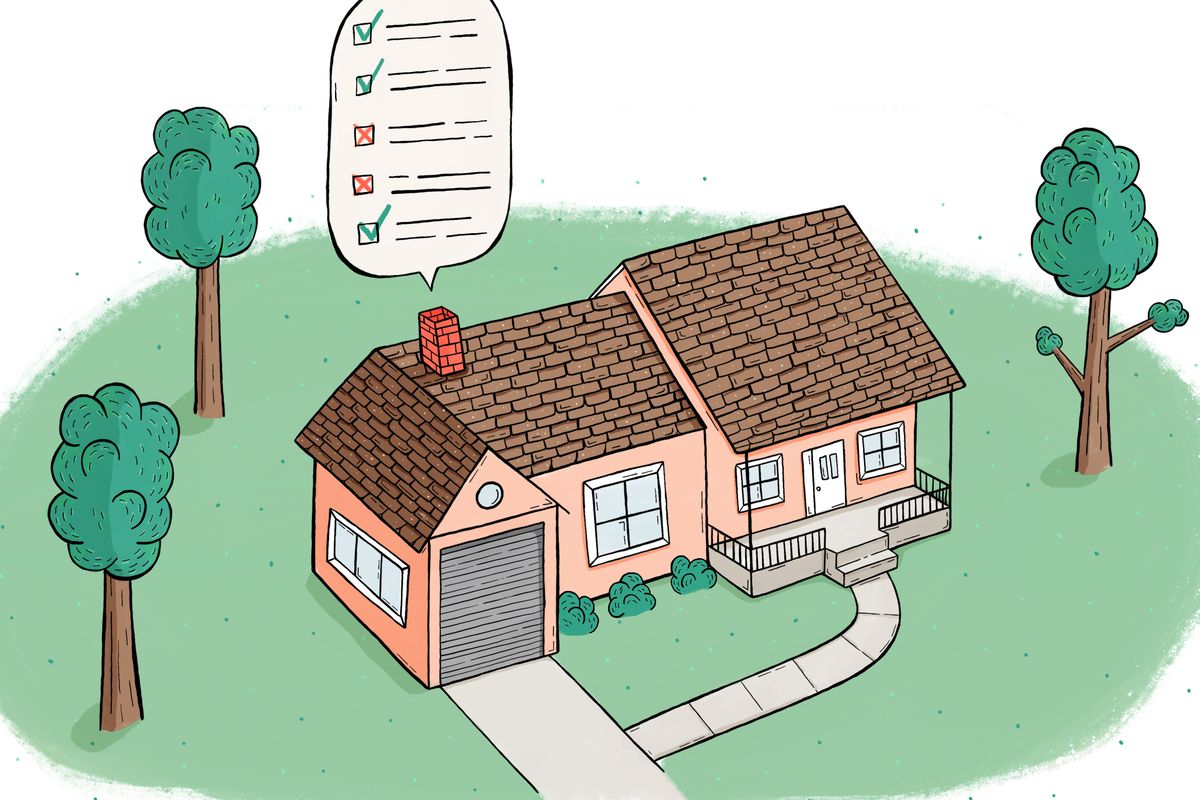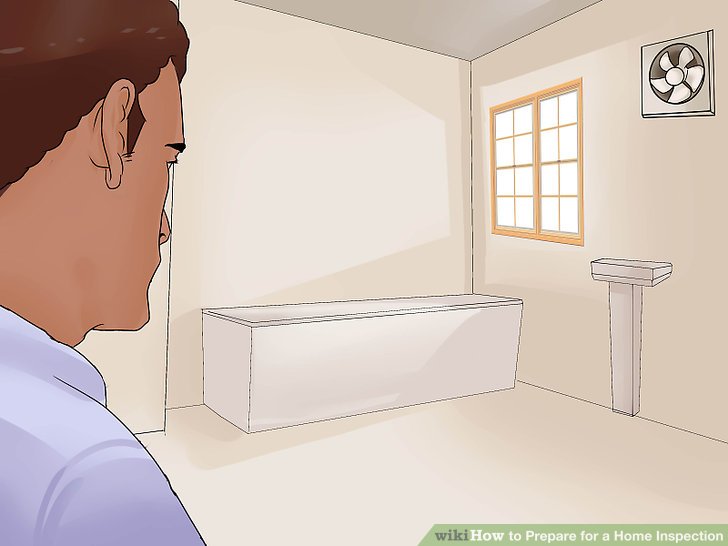If you’re just beginning to invest in real estate, you’ll find that there’s a lot to learn. Investing in Real estate is more complicated than investing in stocks because of the financial, legal, and extensive due diligence requirements involved. That’s why it’s a good idea to give yourself a solid education before you purchase your first investment property.
However, before you get your advanced degree, it’s a good idea to familiarize yourself with the fundamentals. To that end, here are 5 basic tips for investing in real estate.
1. Location Matters
The old adage that “location matters” is most accurate when it comes to investing in real estate . Before you fork over a down payment and put yourself in a significant amount of debt over a property, ensure that it’s in a good location.
Look for the worst house on the best street. That’s a principle you’ll come across quite a bit as you delve into further real estate investing advice.
You want to invest in the worst house on the best street because it gives you an opportunity to build equity. It’s a property in a great neighborhood (“the best street”) that needs some work (“the worst house”). You can invest some money to fix it up and sell it to someone else who wants a ready-to-move-in house in a fabulous location. Professional real estate investors call this “fixing and flipping.”
2. Look for Wholesale Properties
Investing in real estate is just like investing in the stock market in at least one way: you’re looking for the best deal. If you’re a savvy stock market investor, you probably won’t buy too many stocks at their high if you plan on holding them for a long time. Instead, you’ll follow the Warren Buffet principle of getting greedy when everyone else gets fearful. You’ll buy stocks that are beaten down and make a fortune when they turn around.
That’s what you want to do when it comes to real estate investing. Avoid paying “full price” for properties. Instead, look for so-called wholesale properties that are offered at a steep discount. Sure, they’ll probably need some work. Run the numbers and see if the investment in rehab is worth the ultimate selling price.
As noted at ThinkConveyance: “You can easily invest $20,000 in a property and add twice that much to the selling price. That’s why real estate investing is so attractive to investors who want to maximize their return on investment.”
3. Understand the Tax Benefits
The people who run our government want private investors to provide housing for people. That’s because they know that if private investors don’t provide housing, then the government will be responsible for it.
To that end, Uncle Sam offers significant tax benefits to real estate investors. The most significant benefit, arguably, is the depreciation write-off. When you buy an investment property that includes a building, you get to write off the depreciation of that building as a tax deduction. You’ll have to consult your tax advisor for specifics, but basically you can expect to depreciate a residential building over 27 years and a commercial building over 39 and a half years.
Again, it’s a good idea to consult your tax advisor about specifics.
4. Check Your Credit Report
You’re more than likely going to need to borrow money to buy real estate. That’s why you should check your credit report before you begin investing in real estate.
If you have problems on your credit report that are mistakes, get those resolved as quickly as possible. If you have problems that are legitimate, then you’ll need to work to improve your credit.
Simply put, banks aren’t going to loan money to you for a property that’s not your primary residence as readily as they’ll loan it to you for your own home. That’s why your credit has to be spectacular.
5. Use the “1% Rule”
If you’re planning on buying a property that you’ll rent out one or more tenants, use the “1% Rule” when you decide whether or not the property is worth the price you’ll pay for it.
The 1% Rule simply states that an income producing property must produce 1% of the price you pay for it every month. For example, if you’re looking at buying a property for $150,000, then the monthly rental income should be 150,000 x 1% = $1,500.
Wrapping It Up
Real estate investing offers the potential for fabulous returns. However, people have also bankrupted themselves investing in real estate. Be sure that you know what’s involved before you start.


















